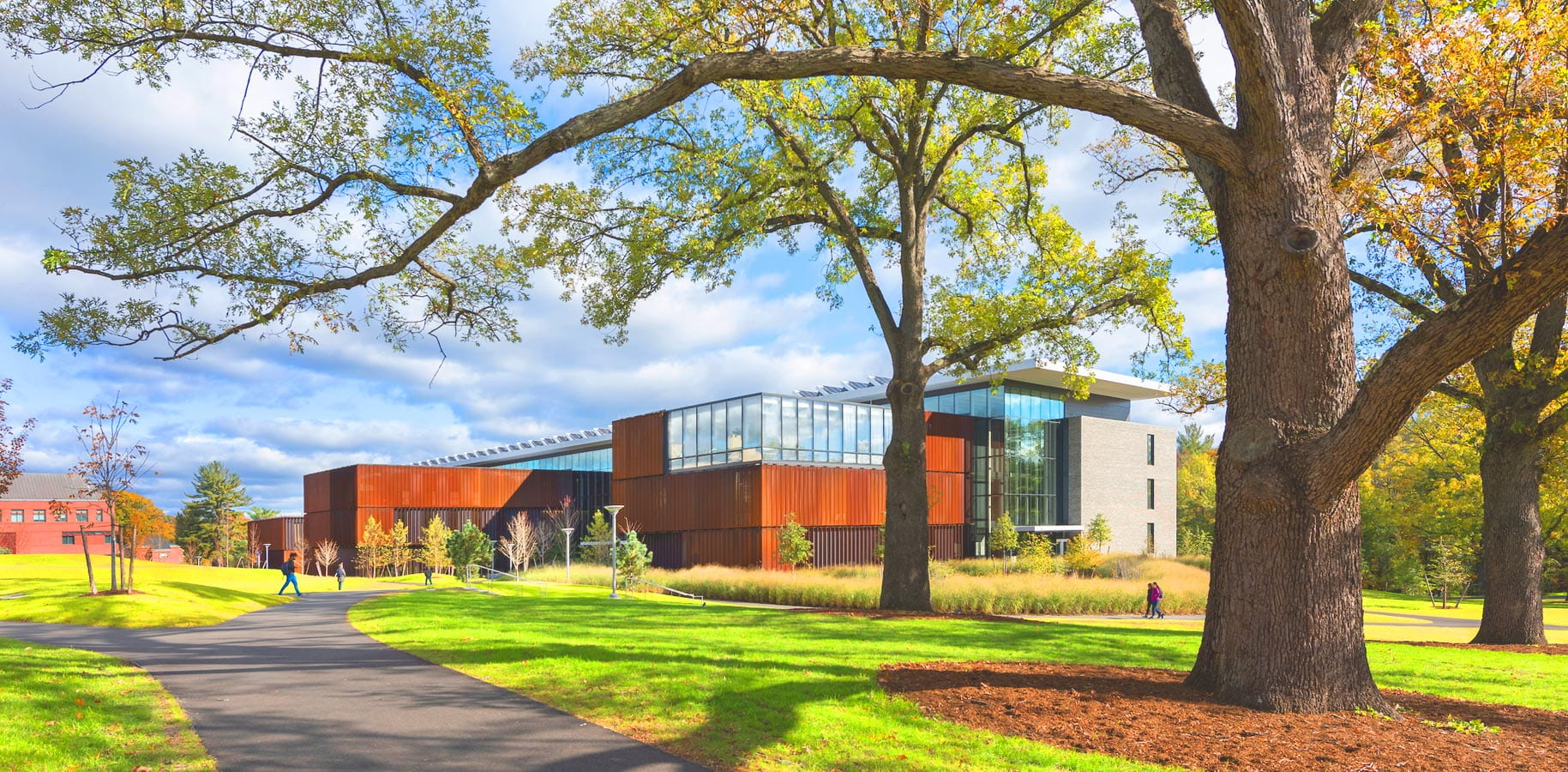Updated: Jul 15, 2020
Hi everyone! It’s been an entire month since my initial blog post, and today marks the start of the final week of the SURF program. Much has happened in the past five weeks, and I hope I can share some updates on the lab’s research and document my own personal progress during this time.
As mentioned in my first post, several lab members and I have been collaborating remotely with a few members of Mt. Holyoke College’s Mcmenimen lab this summer to develop modules about the science and methods of our research on protein folding and stability. But before diving into the module content, we began by mapping the current landscape of lab documentation across the two labs, compiling a list of lab expectations and norms, and articulating our individual goals regarding undergraduate research. Though I was desperate to start developing the modules, looking back a few weeks later I found this phase surprisingly helpful in understanding the ways in which lab data and protocols are organized, how to conduct research as an undergrad and the importance of creating and communicating expectations we should set for ourselves and our PI.
Around two weeks ago, we began drafting our first modules. The main goal of this project is to create a systematic, guided platform for new students just getting started in the lab so that they can better understand the big picture of the research and smoothly transition into the work environment. When I reflect upon my own experience working in a lab for the first time in high school, I’ll never forget the feelings of confusion and aimlessness; and although I didn’t experience such significant obstacles when joining the Jaswal Lab this summer, I nonetheless remember times when I struggled to comprehend a concept and didn’t know who to turn to. I realized that the difficulties I and others have experienced upon first joining a lab is an extremely common phenomenon. As such, this project really resonated with me in a personal way.
Our project currently consists of three interconnected modules: protein basics, protein stability, and protein purification. A fellow lab member and I have been collaborating on protein basics, an introductory module that focuses on creating connections to introductory Chemistry and Biology course content as well as other more technical modules. The module consists of several mini-modules, including amino acids, protein structure, and protein folding and function. As a rising sophomore who has not yet taken BIOL-191, I found this to be an amazing learning opportunity to read through the textbook, synthesize information, and prepare for the course. Moreover, in order to better understand and create connections to the research of the Jaswal lab, I was motivated to do a lot more reading of relevant papers and past thesis. As mentioned in my previous post, the Jaswal lab currently stores all work on Evernote (a platform through which members can see the work of every student who has ever been in the lab), which allows lab members to discuss each other’s work. I found this platform to be incredibly helpful in searching for reference protocols or past students’ thesis work.
Though I am fortunate to have a remote research experience over the summer, it also gradually presented its many challenges. As mentioned in my Instagram takeover, under a normal lab setting new lab members are typically provided with well-defined research topics, projects, or goals. However, this remote research experience is very hands-off both logistically and content-wise. Although the PIs have provided us with an outline of the tasks to complete by the end of the program, it is often up to us to brainstorm the structure and format of the modules and the schedule times we plan to have them completed. In addition, although this project resonates with me in a personal way, I nonetheless experienced persisting doubt regarding the meaning and efficacy of my work, and how it could possibly compare to the findings that would be obtained from conventional lab research under normal circumstances.
One of the main ways I found motivation was to be active in voicing my opinions and communicating my thoughts and concerns with my advisor and peers. This was also one of my main takeaways from Reflections on Successful Meetings with Undergraduate Researchers, an article we read collectively at the beginning of the program. Rather than waiting for guidance or inspiration from others, I began setting goals for myself, from a single day to a week to the summer. In addition, I communicated openly with Dr, J, voicing my hope to better understand the computational research of the lab. Luckily Dr. J thought that this was a good idea, and I will soon be getting started building an input file for a fitting of peptide data to reproduce a previous members’ work data using present protocols.
Overall, a lot has happened in the past several weeks, and I’m anticipating a busy final week of SURF. I can’t wait to finish revising our modules (though it is a living document!) and further engage in the computational side of the lab research. See you in my final post!
